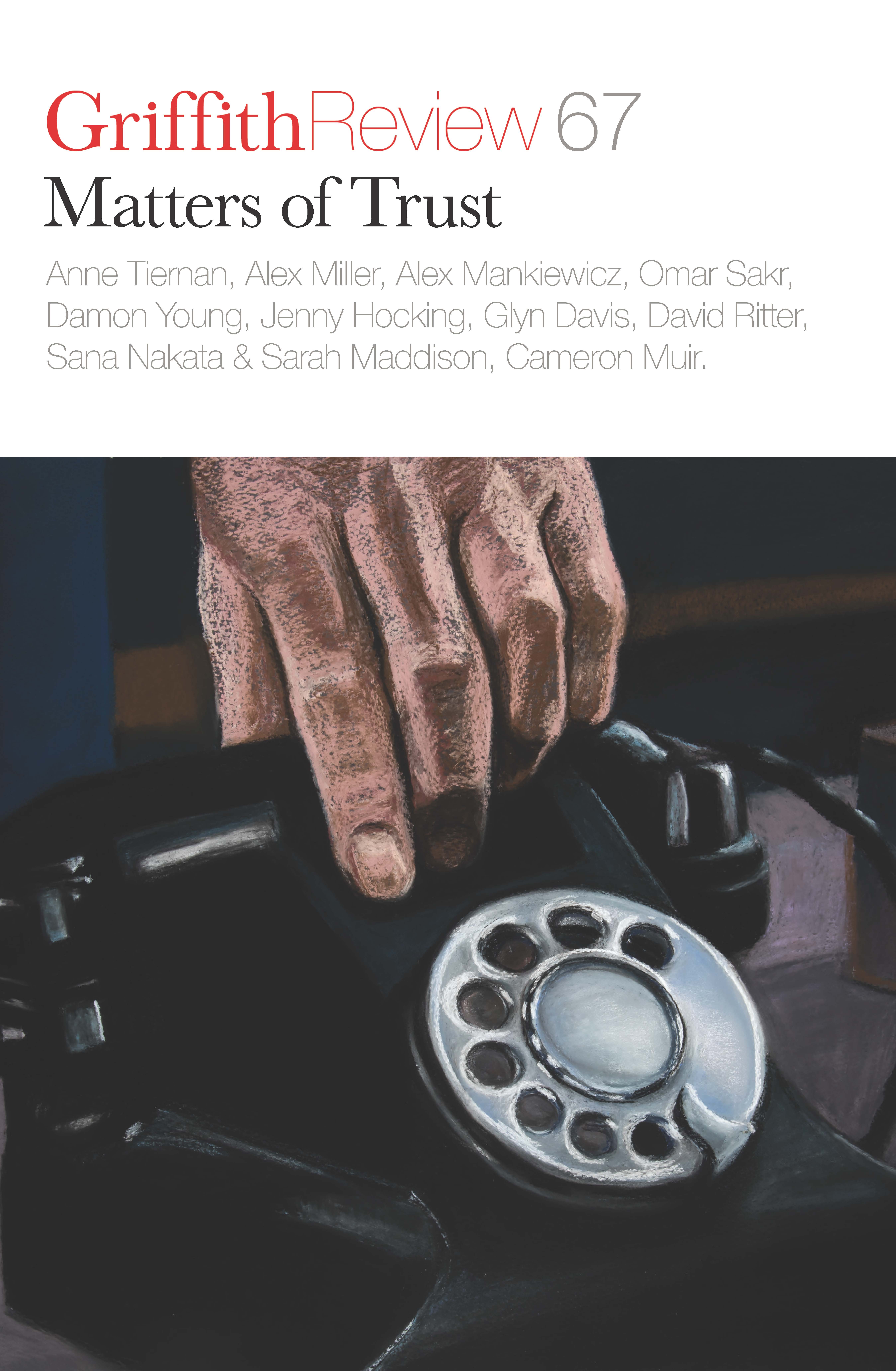IT’S EASY TO get lost in the disruption: our obsession with technology and how to regulate it; minimise our dependence; manage our kids’ screen time. On a personal and societal level, we find ourselves squaring a circle – ever more reliant on our devices and 24/7 connection, yet increasingly warned that these same devices are doing us harm. Our desire to understand and control the effects and excesses of the use of technology generally manifests most strongly in relation to others. This contradictory dynamic plays out with regards to children in particular. How to justify almost constant personal technology use against the responsibility to set a good example? It’s easier to make a parental call than deal with a potential personal addiction. But different rules for us and them highlight the serious nature of the problem gnawing away at our attention. If we ever take a moment to question the extent of our own distraction, we realise the challenge we’re facing. As the scale of surveillance-capitalist creep becomes apparent in many aspects of our lives, we are caught between an abiding sense of the need to step back and a compelling pull to dive in deeper. It’s far easier to yell advice to someone else on the precipice (especially if they’re a kid) than to make the decision ourselves.
I recently took one small step backwards: I bought a battery-powered alarm clock. Consciously removing a screen from the last and first moment of my waking hours was a plan months or even years in the making. It’s early days, but at the edge of my consciousness there seems to be a gentle unwinding. Underlying my decision, though, is something more fundamental. As we come to terms with the information revolution and the socio-economic upheaval it has created, worry is growing about a potential societal de-tethering from meaningful social connection. Persuasive technology – the fact that your phone and its apps operate like a poker machine with a variable reward schedule honed by armies of psychologists employed by Big Tech companies – is pushing us to lead our lives differently. Differently, in this case, means in service to those companies and their customers (advertisers), not to our own desires or values. This should not surprise us. As we willingly partook in the extinction of privacy in exchange for convenience, we had until recently been blind to the mutation of our social and professional activity online into a shadowy yet vast commercial operation. The surveillance-capitalist business model of Facebook, Google, Amazon and others is built on the assumption that a random and generally unwelcome collection of data points about some of your interests, online social interactions and consumption habits equates to an exact replica and predictable model of you as a person. This diminution of the self is then fed back to us in a reductive and reinforcing tailored experience (while being sold for massive profit). Understood in this light, there is a sense that there must be something more to us all that the algorithms and the developers are not quite capturing. Something more that is not being allowed to flourish.

Already a subscriber? Sign in here
If you are an educator or student wishing to access content for study purposes please contact us at griffithreview@griffith.edu.au





